Empowering Farmers and Establishing Quality Food Standards for Sustainable Student Nutrition

The Rwanda Standards Board (RSB) is taking significant steps to enhance food quality standards in schools by developing a comprehensive manual for meal preparation and providing essential training for farmers. This initiative aims to ensure that the food served to students meets the highest quality standards and contributes to their overall health and well-being. This was announced on December 6, 2024, in Rusizi District.
RSB announced its plan to create a manual outlining the fundamental parameters for food preparation and procurement. This manual will serve as a guideline for school planners, leaders, and local government officials, ensuring that the meals provided to students meet the quality assurance standards set by the RSB. The initiative is part of a broader campaign to educate stakeholders involved in student nutrition, including those responsible for sourcing and preparing food.
Training Farmers for Quality Assurance to support the manual’s implementation, RSB is conducting training sessions across various regions, focusing on equipping farmers with the knowledge and skills necessary to produce high-quality food.
Ndahimana Jérôme, the Officer in charge of Quality Maturity model at RSB, emphasized the importance of these training sessions, stating, “Even though training is underway in different regions of the country, our goal is to help educational establishments find better ways to control whether the food they provide to students meets quality standards.”

Farmers in Rusizi have expressed a strong desire for training to understand the quality standards they must adhere to during cultivation.
Many farmers, such as Laurent Ndatimana from the Kadasoma swamp, highlighted the challenges they face without proper training. He remarked, “The plants may lack quality because even when it is time to plant, some will not know because they will not plant at the same time as others. If they don’t do it with the others, they will have a problem.”
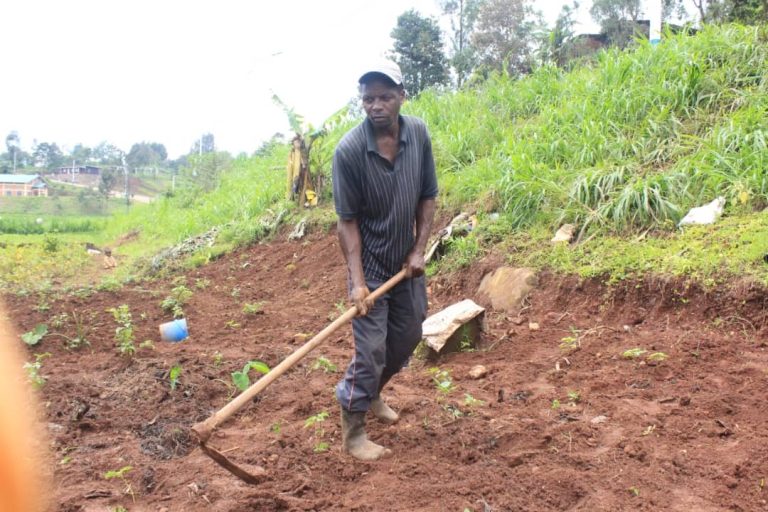
Mukasine Marcienne, a farmer from the Kampembe sector, echoed these sentiments, stating, “Untrained farmers often produce substandard crops because they don’t know how to prepare the field properly or when to apply fertilizer. They find harvest time to be a mystery.”
The Acting Mayor of Rusizi, Habimana Alfred, stated that the manual would provide stakeholders with a common understanding of food quality standards. He explained, “Today, all schools in Rusizi district will have a common understanding of how food is prepared. This will help resolve inconsistencies in meal preparation across different schools.”

As part of the training sessions, representative farmers are being educated on professional farming practices to ensure they can produce quality crops. Habimana added, “This training will leave a great legacy for crop planners and farmers. Even if agricultural consultants come, this training will complement the knowledge they already have.”
Ndahimana Jérôme from RSB stressed that the foundation of food quality begins on the farm. He noted, “Approximately 70% of food quality is determined by farming practices. Ensuring that farmers are well-informed about quality standards is crucial for the overall success of this initiative.”
He also warned of the dangers of microbial contamination, stating, “Microbes can be a significant food contaminant that causes quality deterioration and can even affect human health.”
The RSB’s initiative in 11 Districts represents a significant step toward improving food quality standards for student meals. By training farmers and developing a comprehensive manual for meal preparation, the RSB aims to create a sustainable framework that ensures students receive nutritious and high-quality meals. This collaborative effort between the RSB,MINICOM, WFP, local government, and farmers will ultimately contribute to the health and well-being of students and the community as a whole.
Related Articles
Global Agri & Food Safety Congress 2026: Building Resilient Food Systems in a Changing Climate
On 26–27 February 2026, international experts, researchers, industry leaders, farmers, and policymakers...
Why Animals Are a Key Piece of Africa’s Disaster Resilience Puzzle
Across Africa, people and animals have coexisted for centuries, not just sharing...
Leaders Call for Stronger Monitoring to Turn Ecosystem Restoration Commitments into Results
Nairobi, Kenya — 27 January 2026 Country and regional leaders, alongside technical...
Worm Tea: A Natural Path to Farming Without Harmful Chemicals
For much of his early farming life, Isaac Mubashankwaya believed chemical fertilizers...



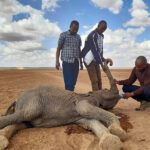

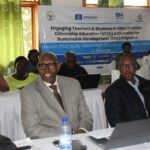



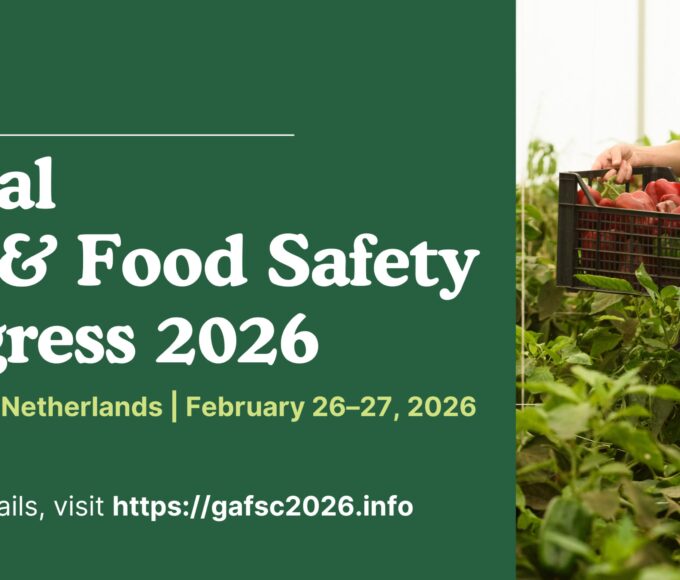
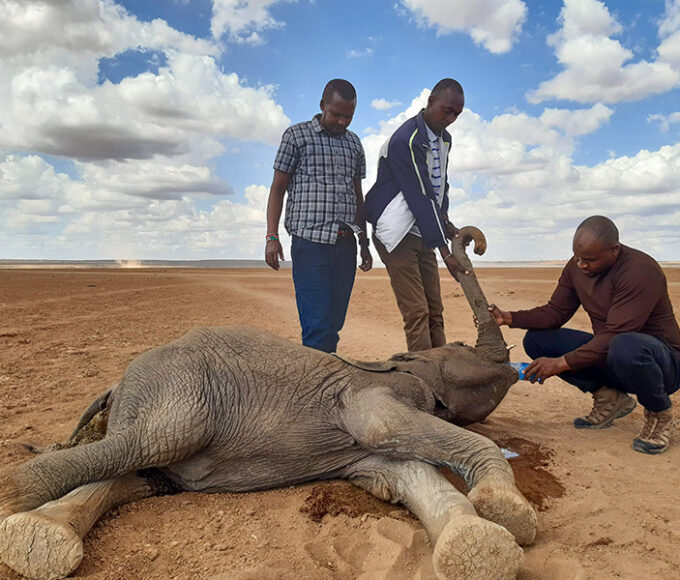
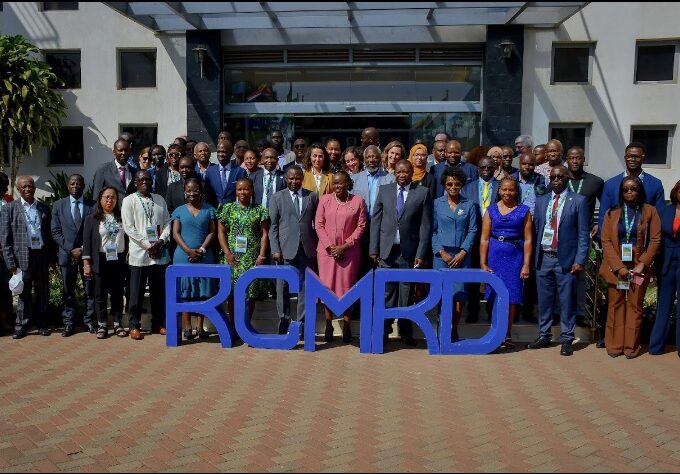
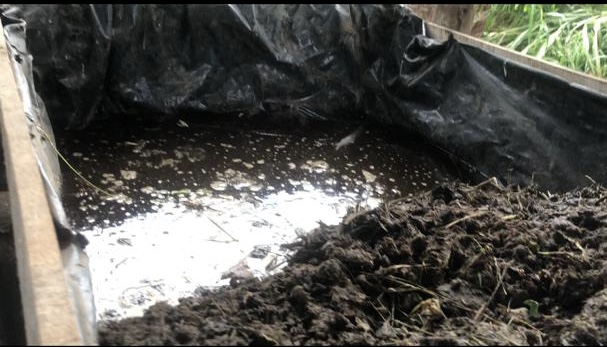
Leave a comment